
Question: How do you feel when you skip your morning coffee? Answer: Depresso.
Okay—not much of joke, but I included it here to illustrate how writers can sometimes feel when finishing a project. I recently completed a final draft of my new novel, Kane: Blood Moon, and although I’m celebrating that milestone in what for me is a long process, I’m also feeling a little depresso as well—along with maybe a bit of apprehension about sending my newborn out into the cold, cruel world. But I suppose that’s part of the process.
The good/bad news is that there’s still plenty left to do before then. In today’s world of publishing, writing is just one part of the equation, and I decided to take a break from work to post an article on some of the pitfalls writers typically face on the way to publication.
Let’s imagine you just typed “The End” at the bottom of your brand-new manuscript. Now you want to get it out there as quickly as possible. Needless to say, you want to do it right.
So now what?
Formerly a traditional publisher did the heavy lifting required to get your book into the hands of readers—editing, copyedit, cover design, promotion, and printing. I’ve gone that route in the past, and I learned from my experience with Bantam Books that even with a trad publisher, you must get involved. And if you’re an indie author, it isn’t simply your involvement that’s required. Now it’s all up to you. You are responsible for everything previously done by a huge, professional publishing house, and you must do it well. A daunting task, but nobody ever said this writing thing was going to be easy.
There are five critical areas where things can go wrong. Although there are certainly others, in the following I’ll provide some suggestions that can help you avoid the five most common mistakes.
1. Over Editing 
Solution: Cut Bait. The revision process can go on indefinitely, if you let it—literally taking on a life of its own. This is common in writing groups and with many insecure authors. At some point you simply have to “cut bait” and move on to the next step. Not to say that you don’t want your work to be the best it can be, but don’t get paralyzed by endless revision.
2. Technical Errors
Solution: “Vet” Your Manuscript. Carefully check all technical material in your work, and then have someone knowledgeable in the field vet your story—making certain you at least sound like you know what you’re talking about. For instance, cartridges or rounds (not bullets) are inserted into a rifle or a semi-automatic pistol via a magazine, not a clip—an error I made a few years back that garnered an avalanche of criticism from gun-enthusiasts, and rightly so. Consult with an expert and get your details straight.
3. Lack of Reader Input 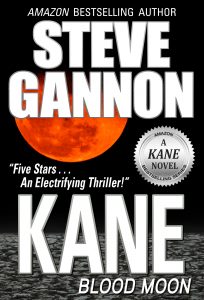
Solution: Test Market. You don’t write in a vacuum. Once you have your manuscript (mostly) revised, vetted, and ready to go, preview your work with friends and readers whose opinions you trust. If they find typos along the way, fine—but what you really want is their candid comments on your story. Listen to what they say. Did your story move them? Were there plot holes? Unclear motivations? Murky character development? This evaluation is traditionally performed by a publishing-house editor, but in my opinion a “groupthink” approach is equally effective, possibly even more so. Of course writing isn’t a democratic process and you want to preserve your original vision, but you will be surprised at how often you can improve your work by opening yourself to reader suggestions and criticism.
4. Sloppy Writing
Solution: Professional Copyedit. Most readers will not tolerate sloppy writing, typos, punctuation mistakes, and grammatical errors from anyone. You need a clean manuscript, and for that you will have to PAY someone. Having a friend who’s “good at editing” won’t cut it. Find a professional and use his or her services. Period. After that you can do one final revision, making certain you don’t introduce new errors along the way. And then publish!
5. Poor Marketing

Solution: social media marketing and paid advertising. Now that your book is out there, who knows about it besides your mom? Unless your name is Stephen King, hardly anyone, that’s who. Yours is one of tens of thousands of new books published each year. To find an audience, you must market your work. If you sit around waiting for your book to be discovered, you’re going to be sitting a long time. Step one in marketing is to have a professionally designed book cover, for which you will probably need to PAY for the services of a graphic artist. Step two is having a well designed website hub, along with various social media sites—Twitter, Facebook, YouTube, etc.—feeding into it. There is far too much in the social-marketing category to cover here, but there are many online sources (Jonathan Gunson’s bestsellerlabs.com or Joanna Penn’s TheCreativePen.com) that can point you in the right direction. And last, PAID advertising on Amazon, Facebook, and other sites is necessary if you want to get noticed. Sad, but true.
To reiterate: Self-marketing is absolutely essential. Most successful writers, even traditionally published authors, devote around 70% of their average workday to writing and about 30% (or more) to marketing.
Oh, one last pitfall I forgot to mention: procrastination. Speaking of which, it’s time for me to grab some coffee, get over my final-draft depresso, and head back to work.
In your reading, have you encountered any sloppy writing lately? Does it irritate you? What are your pet peeves when reading? What are your main writing/publication problems? How do you get the word out about your work? Please leave a comment (click here) and join the conversation!


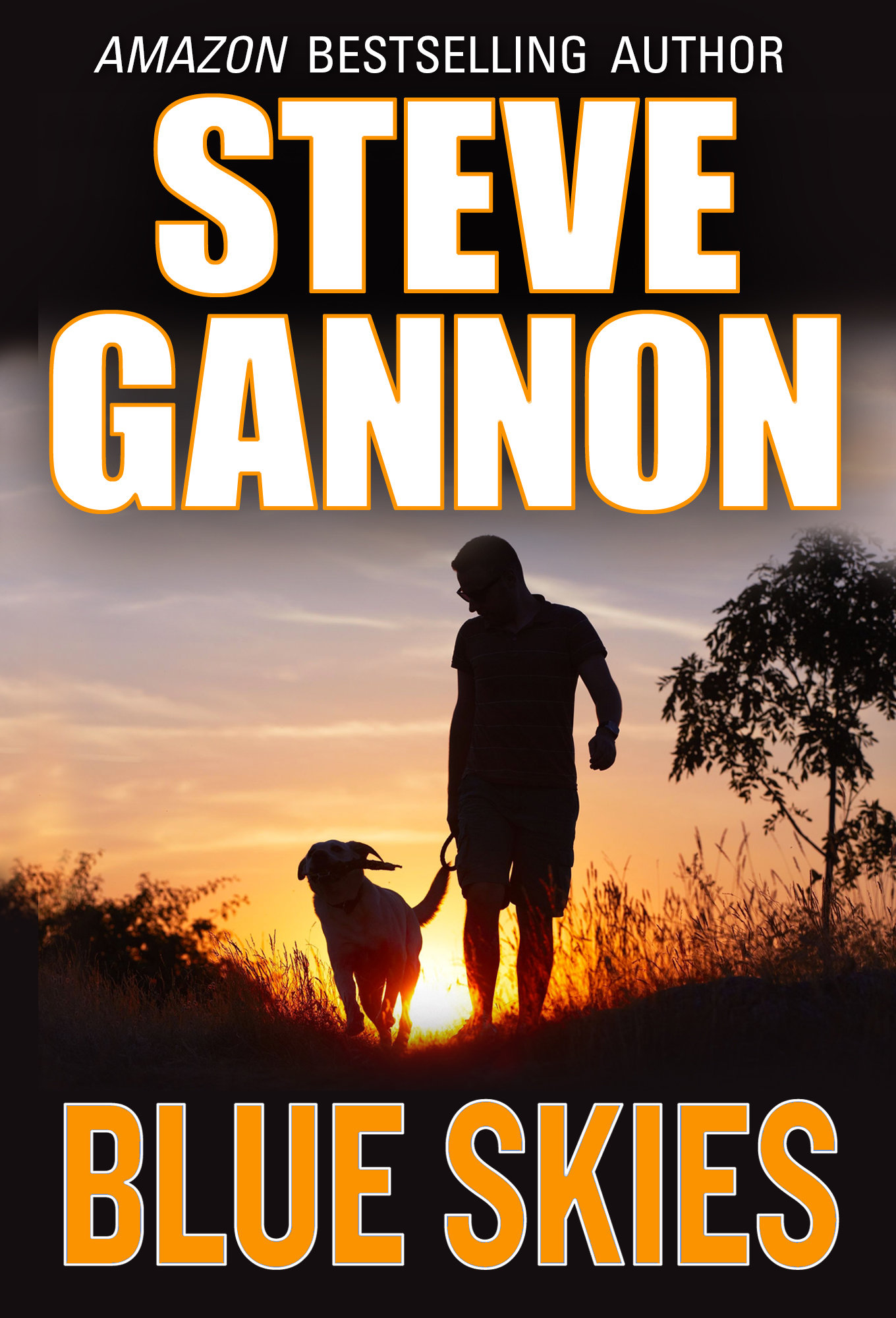

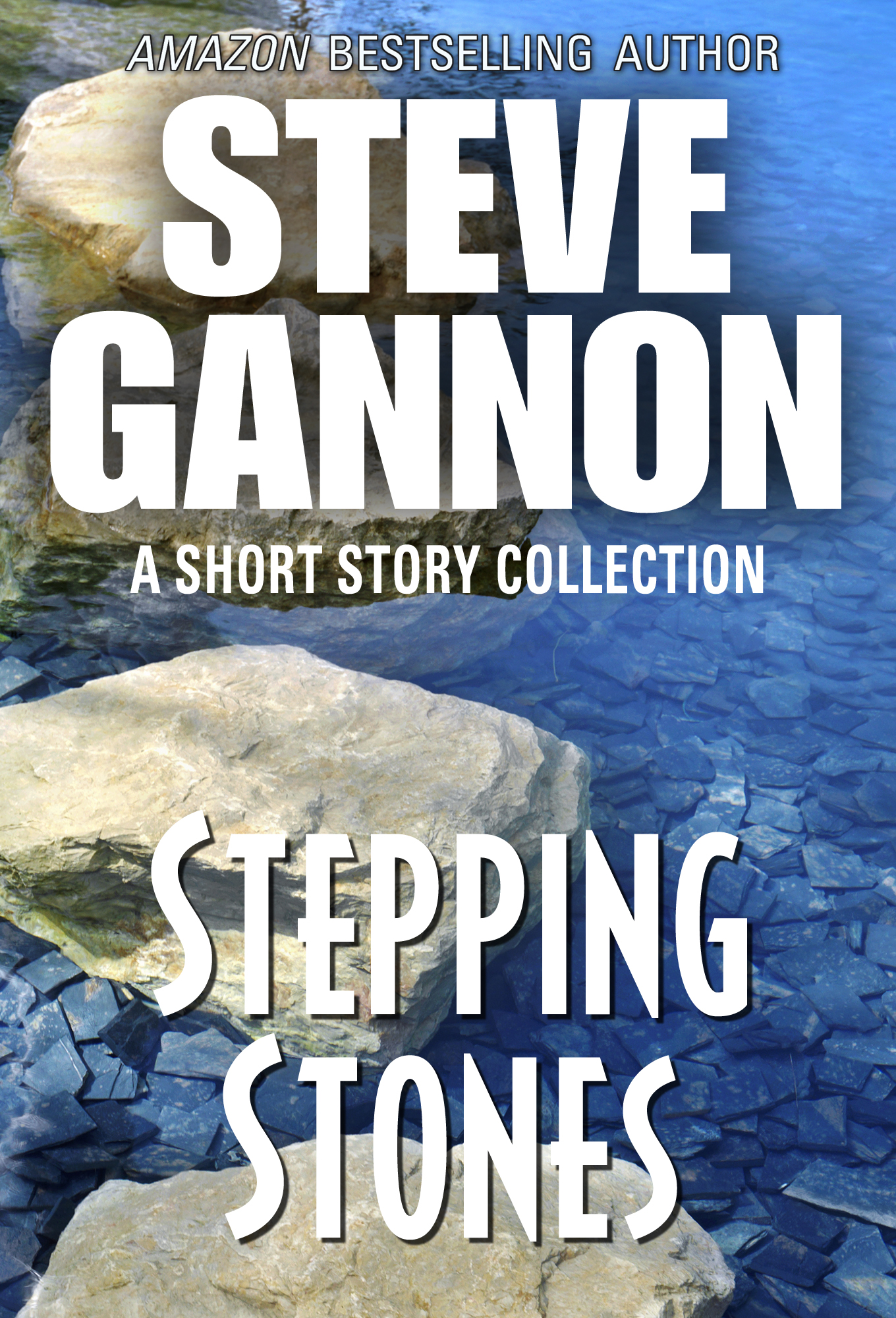
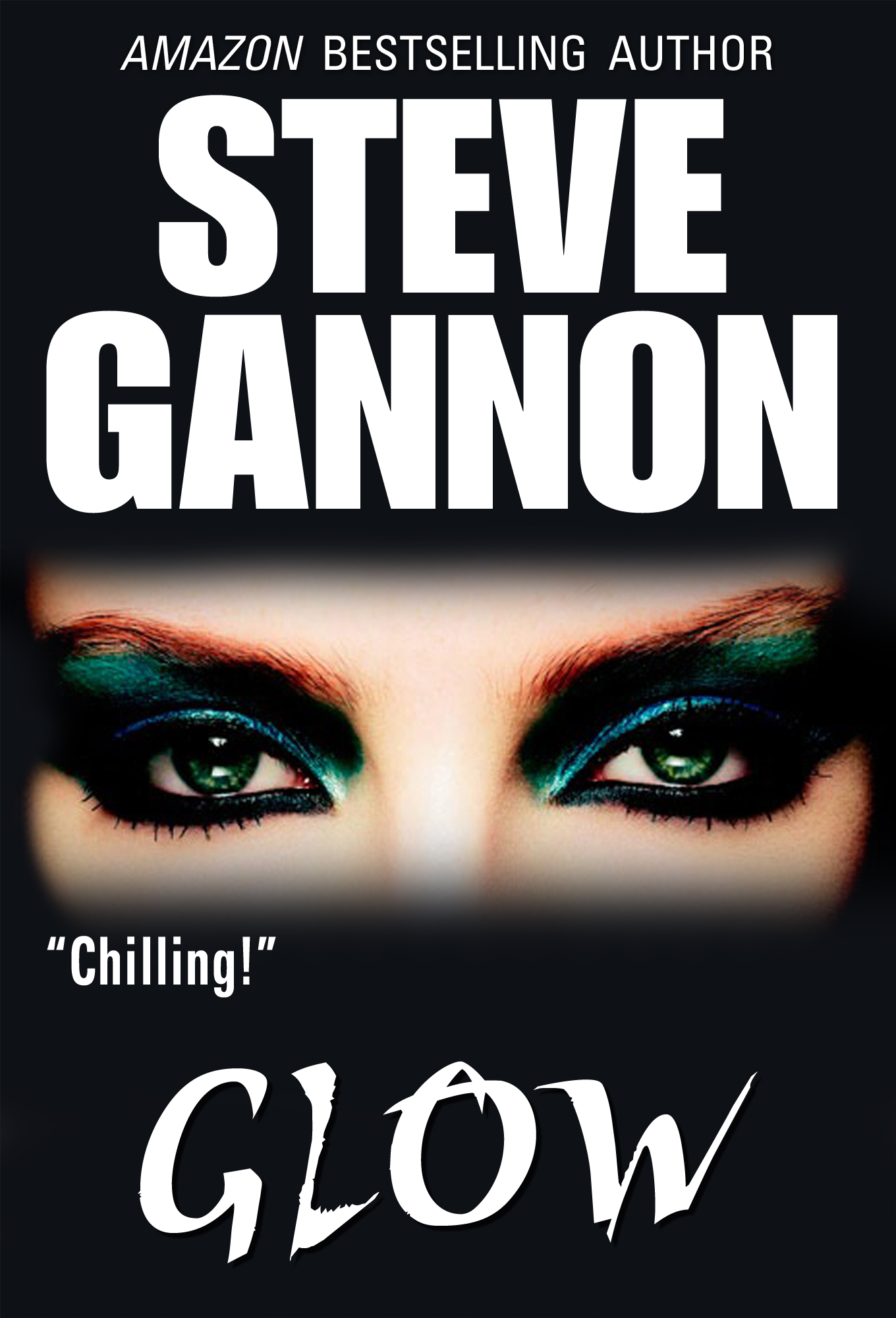
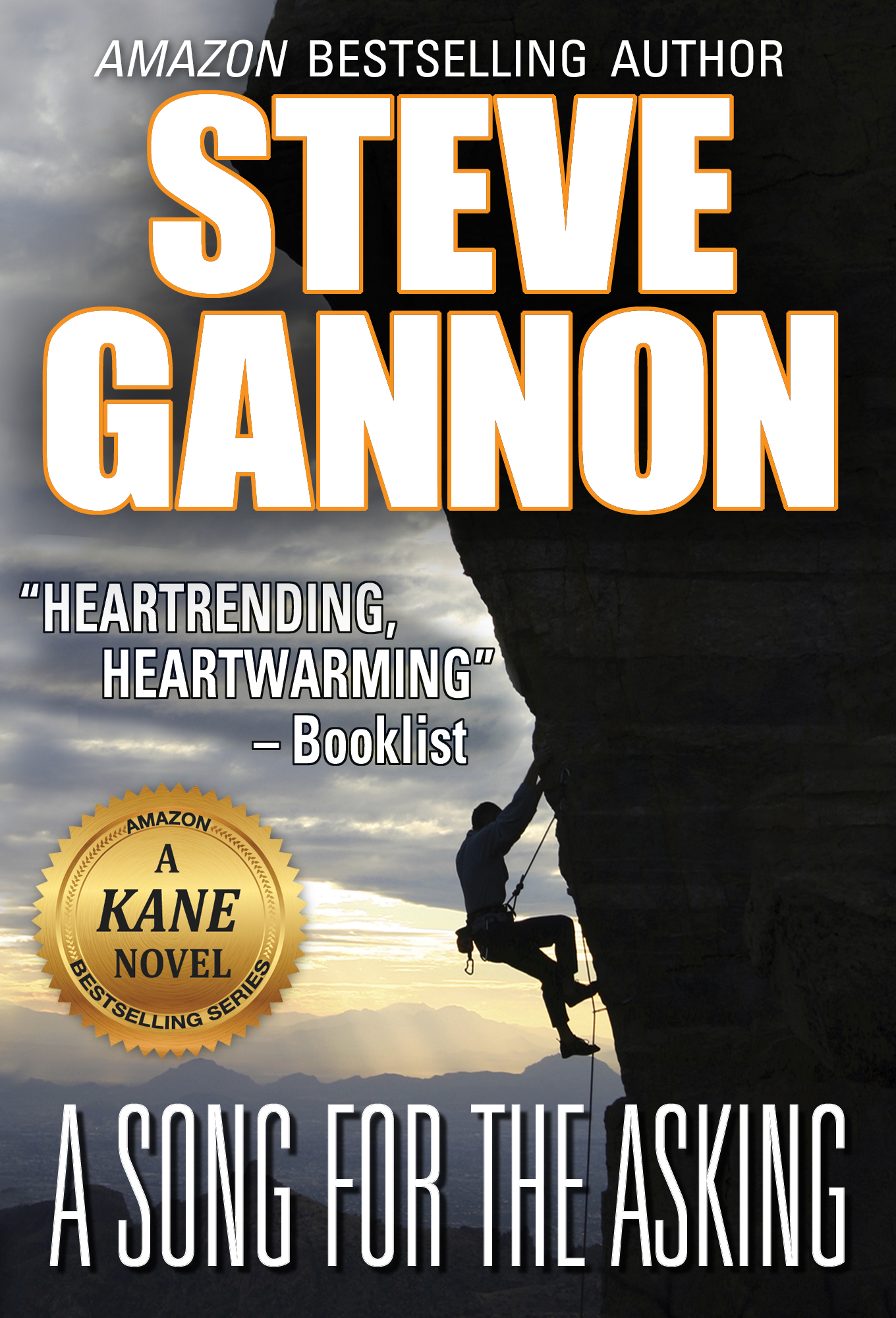
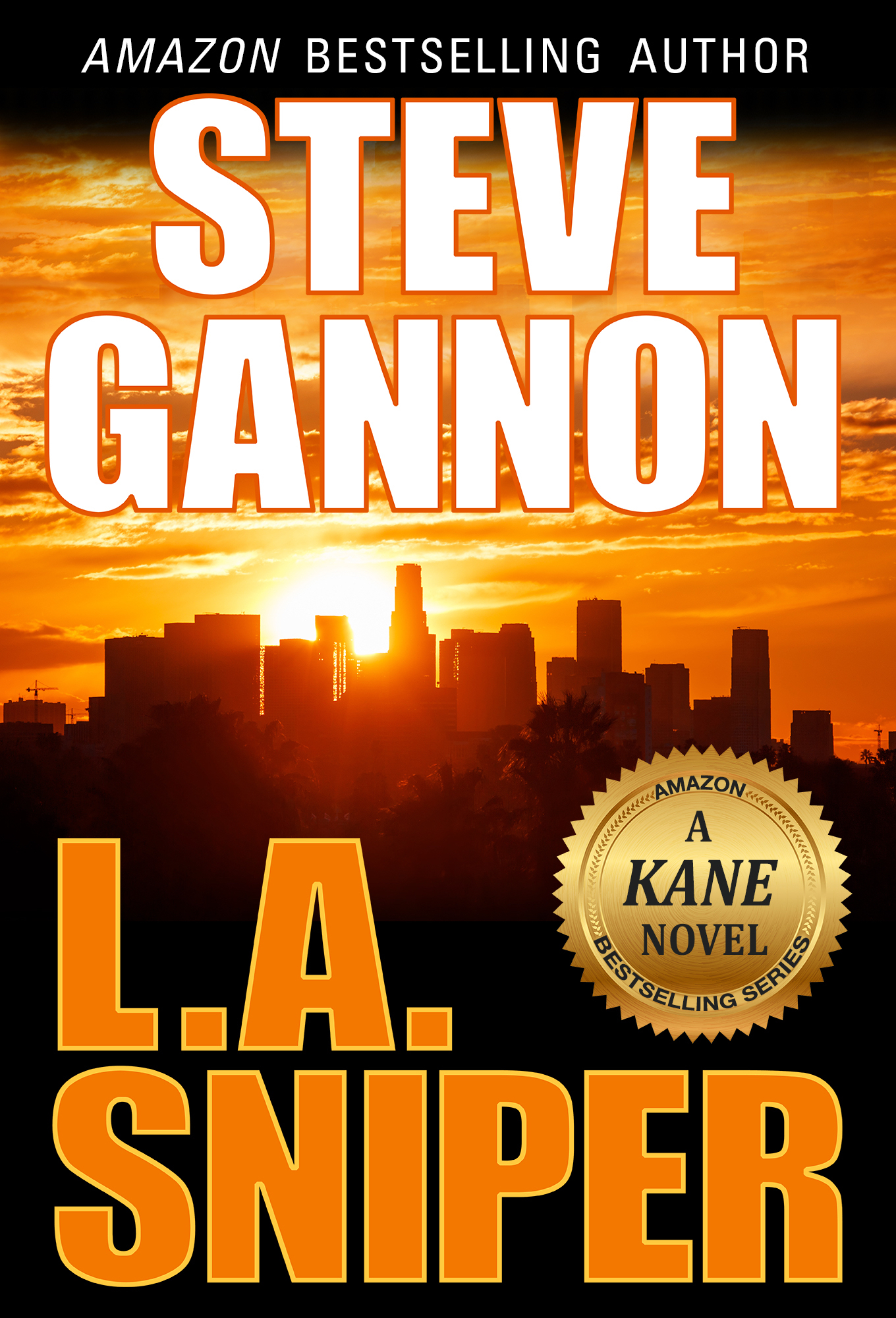
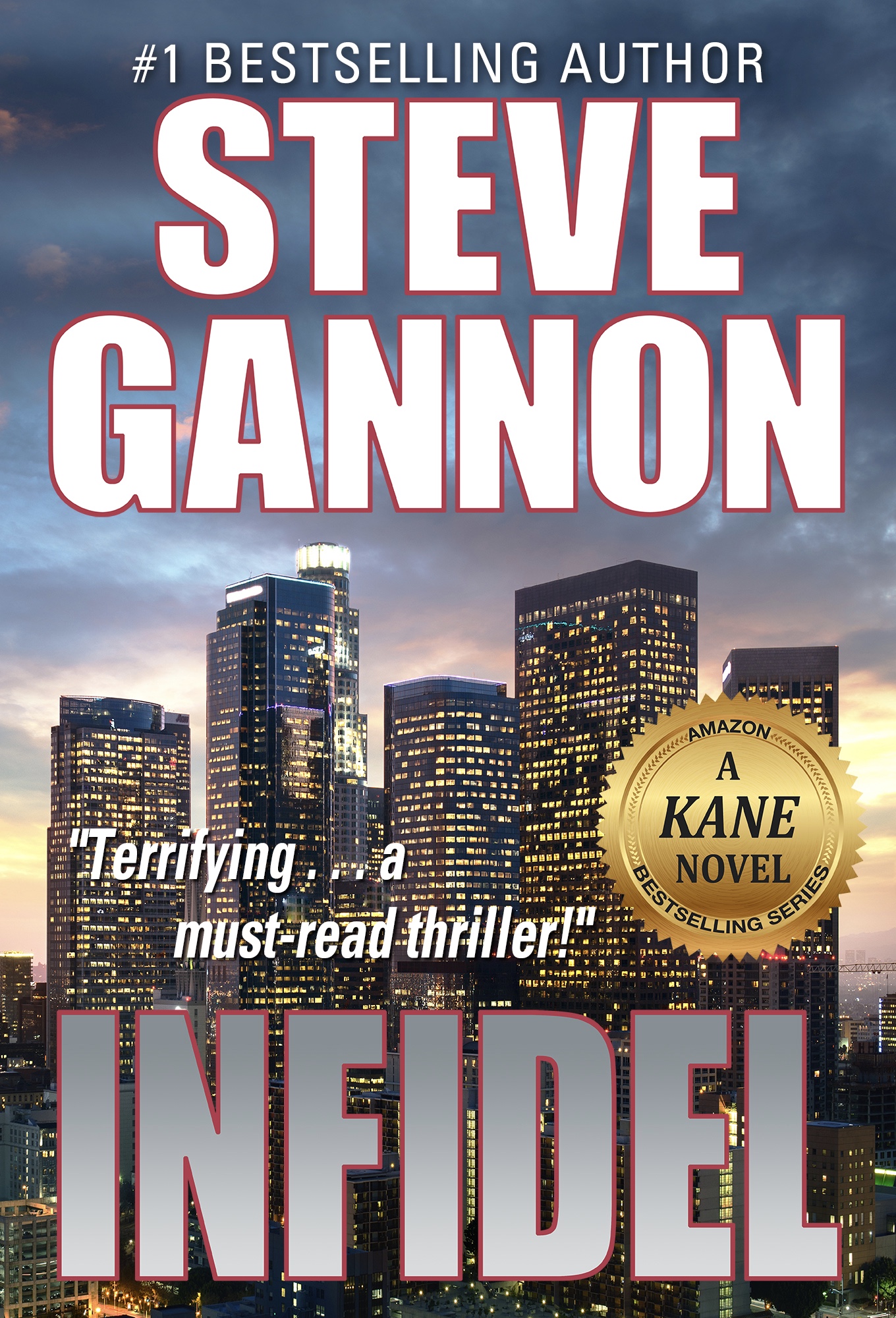
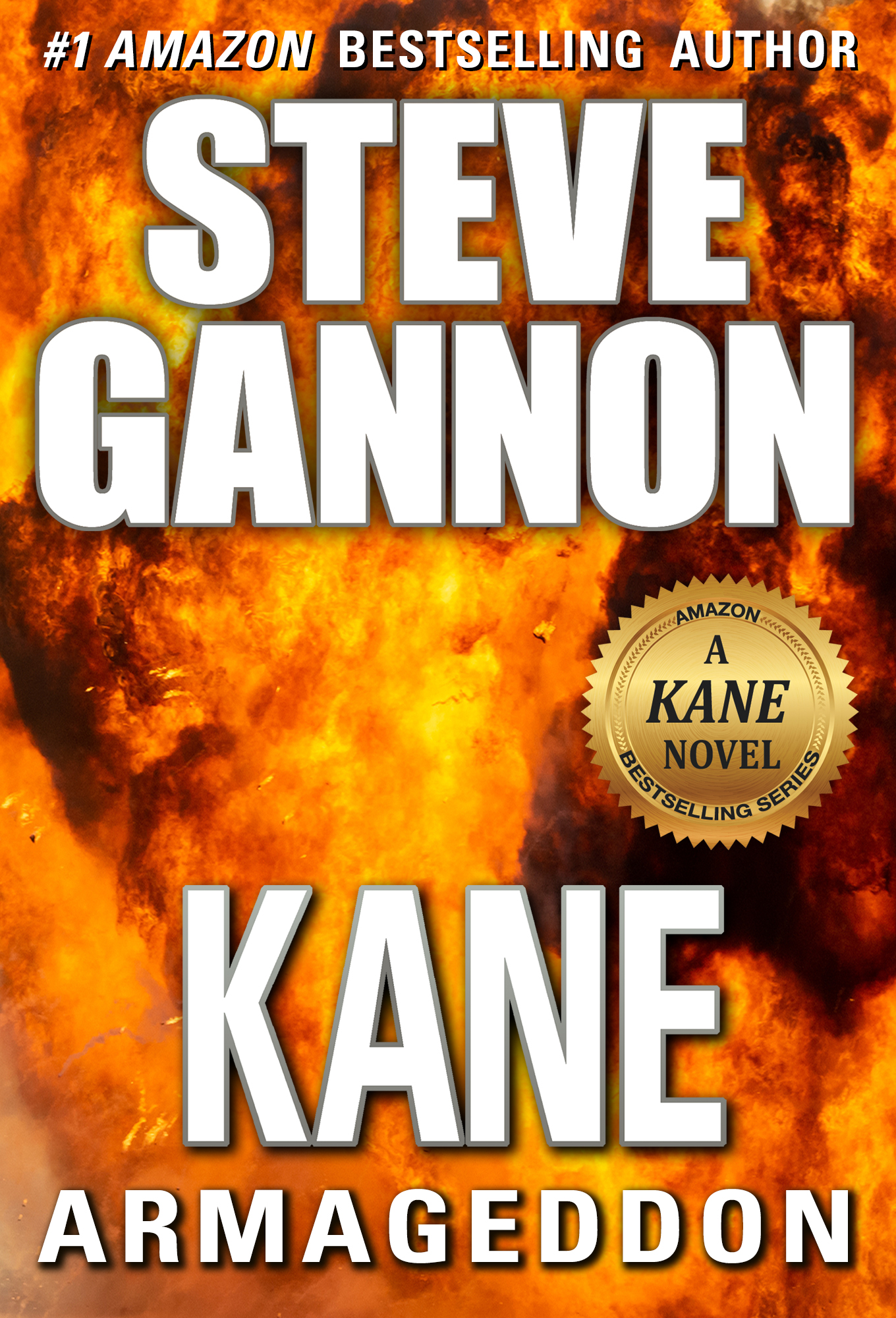
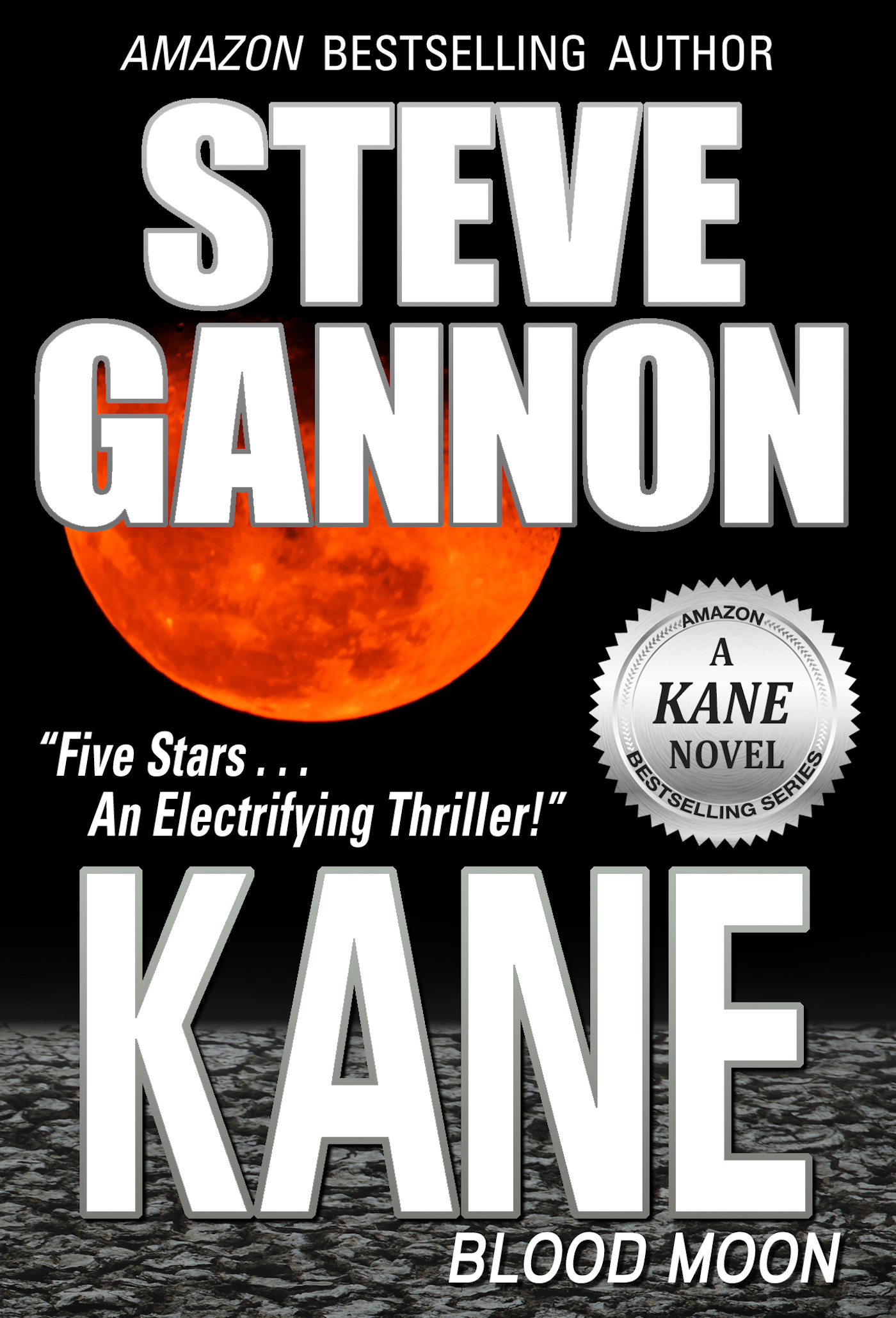
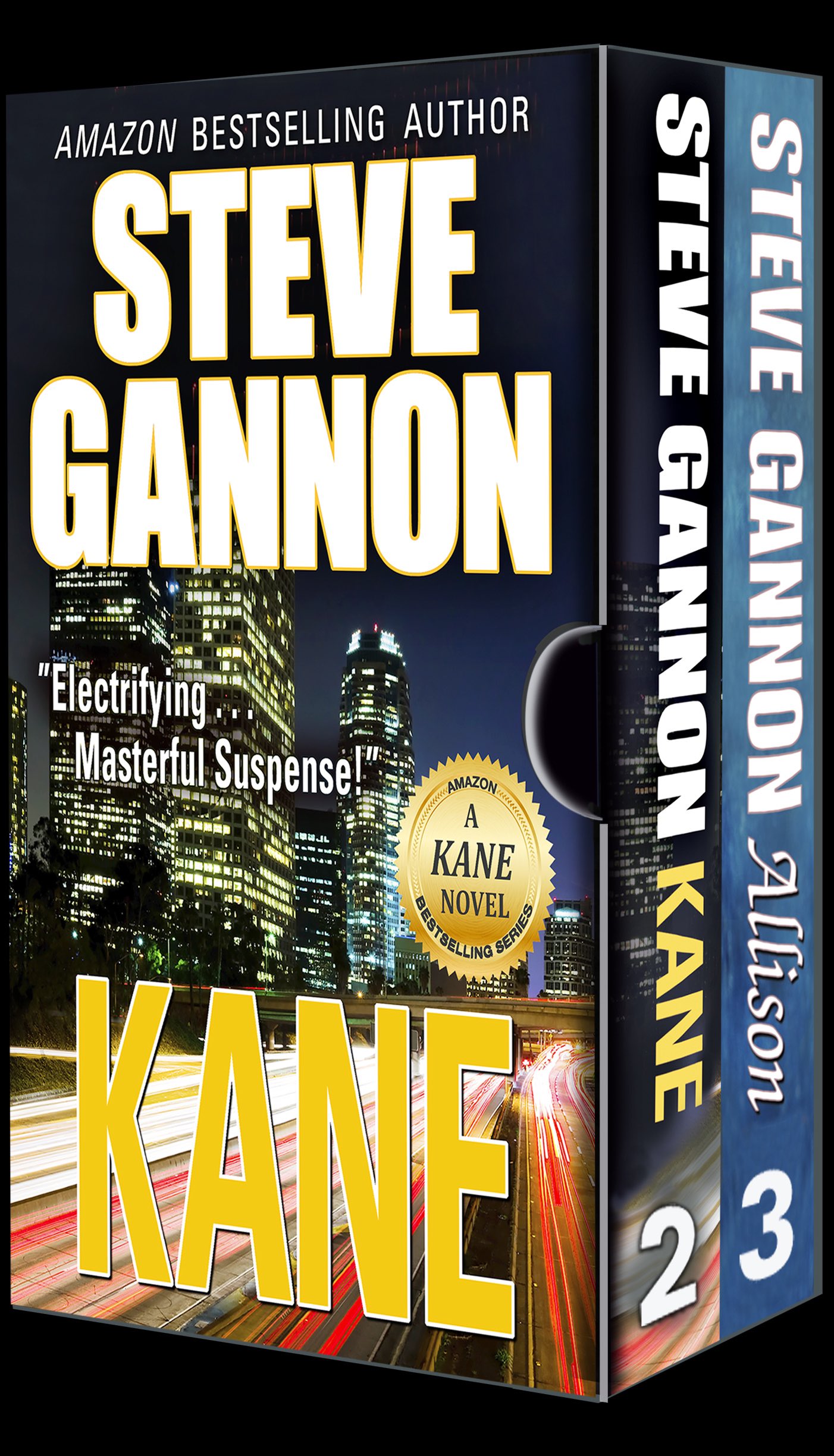
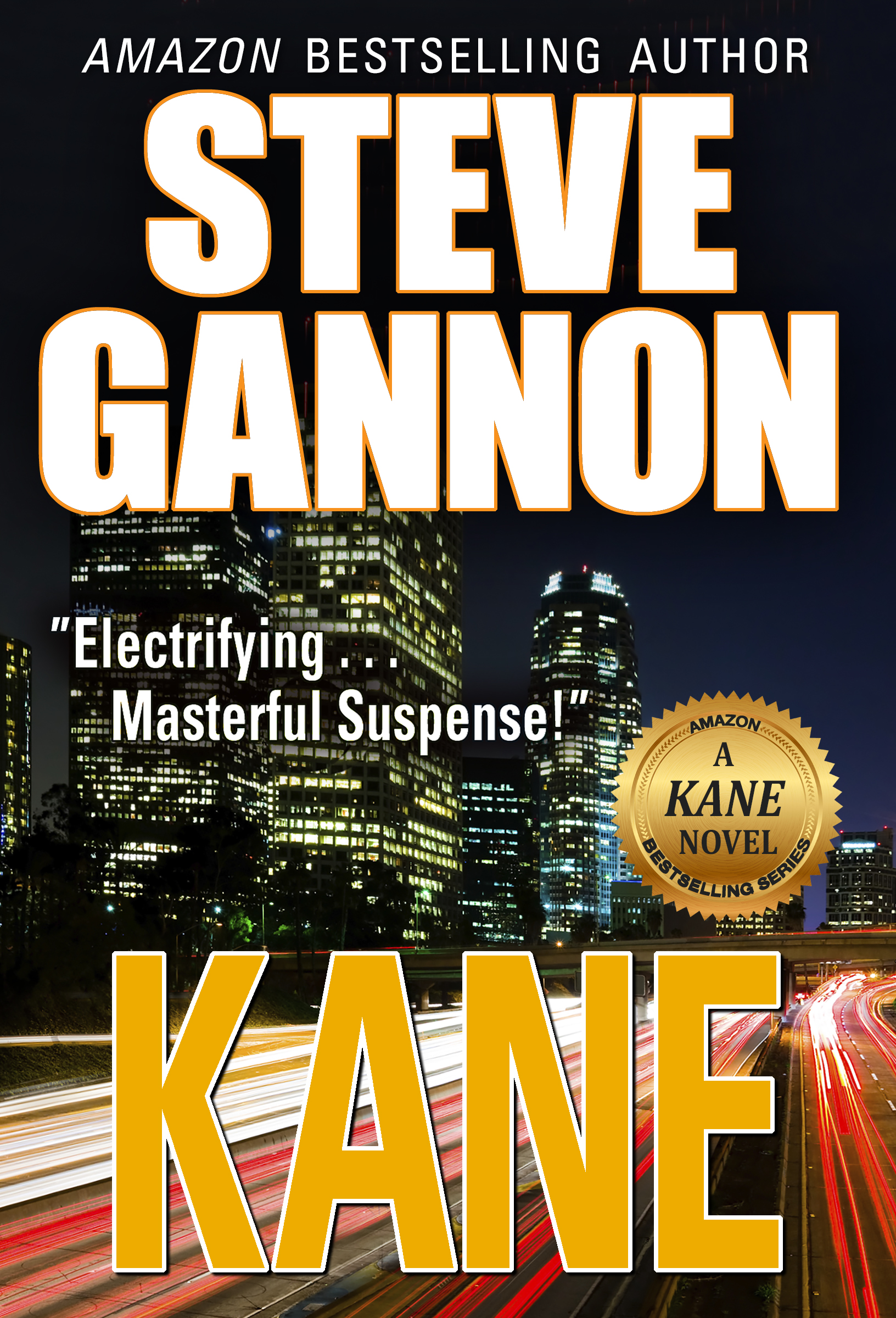
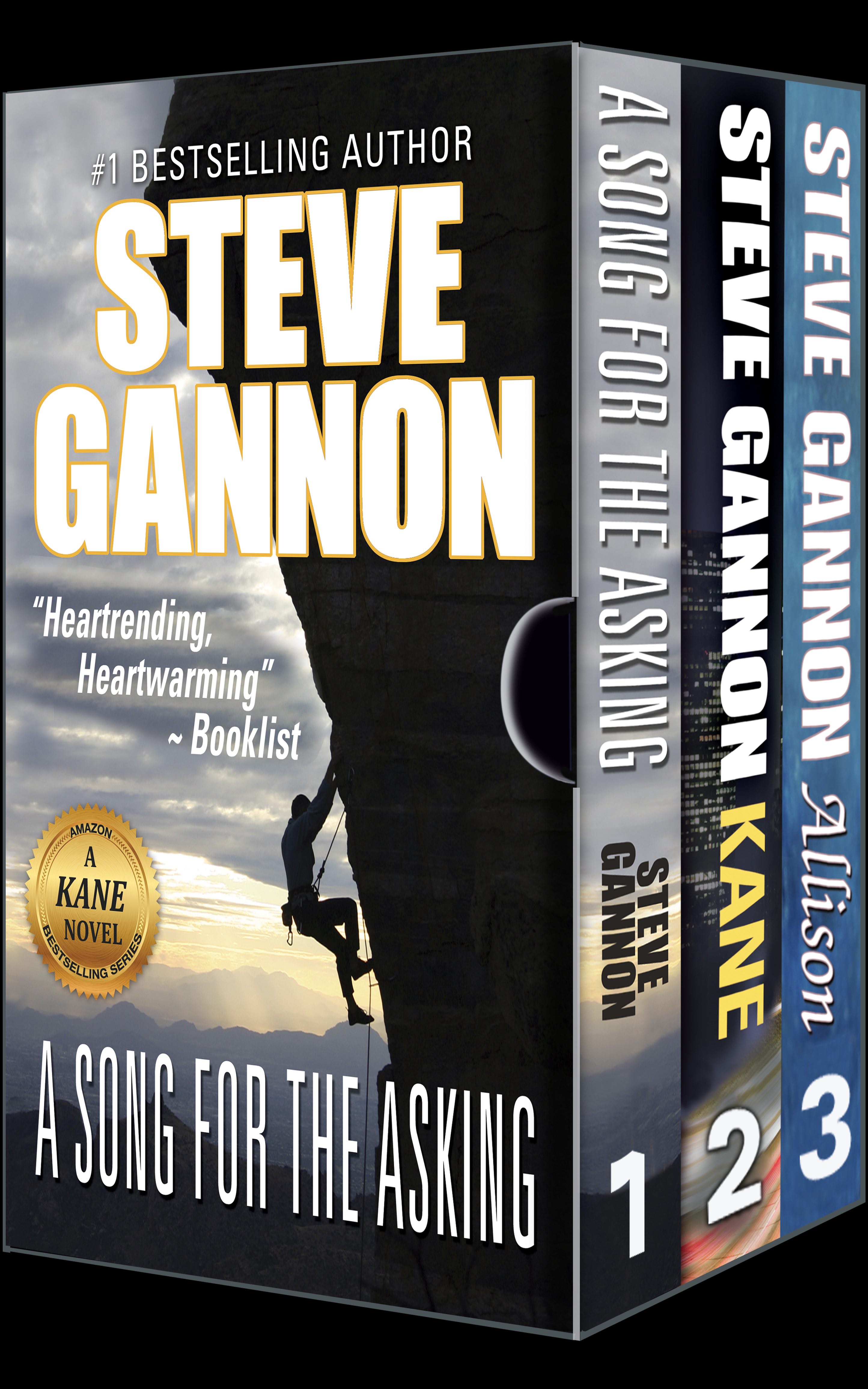

Thanks Buddy,I was once a writer and loved it!
Never to late to get back in the saddle, Fred!
As an enthusiastic but critical reader, I am put off by work that needs professional editing, pointless profanity, and poorly thought-out phrases such as “one of the only’. I try to be fair when I leave a review and hope that the author will pay attention.
Thank you for your newsletter and interesting points. I’ll keep an eye out for Blood Moon! Best regards …
Thanks for commenting, Anne. I totally agree. Hope you enjoy “Blood Moon!”
All true. One fatal flaw is lack of context. The author needs to place the reader in the plot with enough data to understand the story as the author sees it. Too often stories assume too much of the readers, jargon or actions that lack meaning to them. Better to over describe than make no sense and lose the thread and drama.
Well said, Art. On the other hand, to much exposition is bad as well. Gotta walk a fine line . . .
1. Switching genders—“he said” in one sentence and then “she said” in the next. The author can’t keep track of their characters or sloppy typing??
2. Homonyms—poor editing. Spell check will not work! Speed reading will not work, the brain reads what it thinks you intended.
Hi, Chris — I think you hit it with ” . . . the brain reads what it thinks i
t intended to say.” Happens to me all the time. thank God for editors!
I just started writing. I’m doing a 3 book, maybe 4 book series. On the first book I paid to have book edited. Did care for how they changed things. So second book I did my own editing. Of course once published I see mistakes. Just can’t afford to pay for editing, but want to continue writing. I’m 73, and don’t have a lot of time ahead of me.
Hi, Sky,
I hear you about the cost of professional editing, but it’s necessary. If you’re like me, you just can’t find all the typos and other mistakes. When I wrote whatever it is, I knew what I meant to say, and my eye just slips over the problems. Many editors charge by the hour, so the cleaner the MS when submitted, the less they can charge. Before I send in any work to be edited, I do at least 8-10 cover-to-cover rewrites, then have a number of readers whom I trust check for typos and grammatical errors, and also make story comments. I fix the typos and grammatical errors, and I listen to their comments to ID problem areas — not necessarily accepting their plot “fixes.” That’s my job. So when I finally send a MS in to my editor, a lot of the heavy lifting is already done. BTW, I don’t always accept an editorial story “fix,” either. Again, fixing things is my job. Also, to save on editing expense, you need to become a grammar expert, if you’re not one already. A good place to start is “The Elements of Style,” by William Strunk, Jr. Good luck with your writing, and I hope this helps!
Poor editing on the part of copy editors at a local newspaper. I guess they do not know how to use spell check.
In days past ,proof reading was an art with the red grease pencil used to do the mark ups.
Nancy.
I hear you. I still do my first pass of edits in red, and my editor also attaches tags to every page she marks. Sometimes it’s a shock to see how many errors there are in an 100,000-word document, but it has to be done.
Steve
Very nicely written with some really good points! I am not an author, per se, but I do a lot of technical writing for in-house training, way too many emails, etc. I especially like your comments regarding revising the revisions of the revisions! That is a weakness of mine…perpetually tweaking everything! Spell-check and grammar-check are good friends! Use them!
And some things I see in many stories that drive me crazy (yes, it is a short trip!) 1) the mysterious appearance of a character in two places at once; 2) the instantaneous change of time, day, season, or location from sentence to sentence; and last, but not least, the reference to a character with a different name than they had two sentences ago!
Have a wonderful day!
I do some arc reading and a couple of the writers don’t understand grammar. It plucks my nerves to see improper pronouns and verb tenses. I have corrected the grammar and sent them back only to see no change in the books.
Is it me or has our language devolved to a level that makes America seem uneducated?